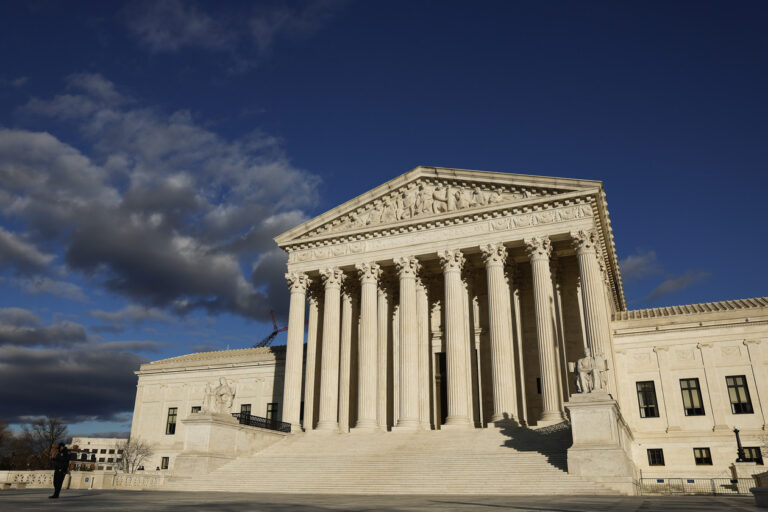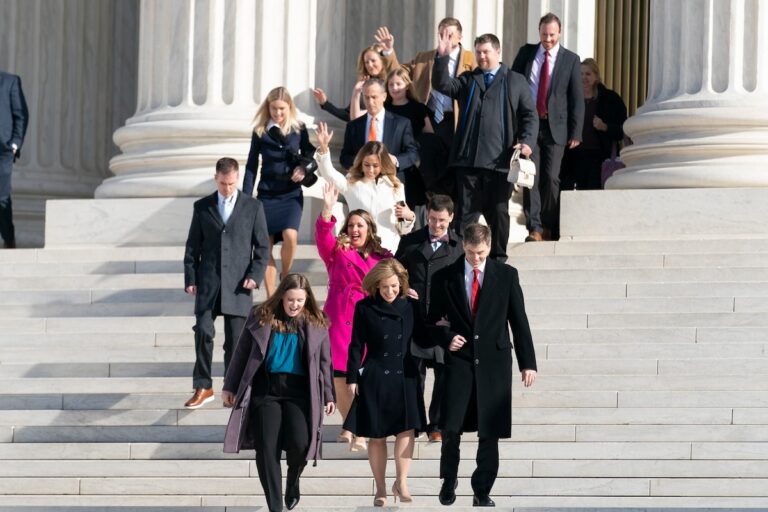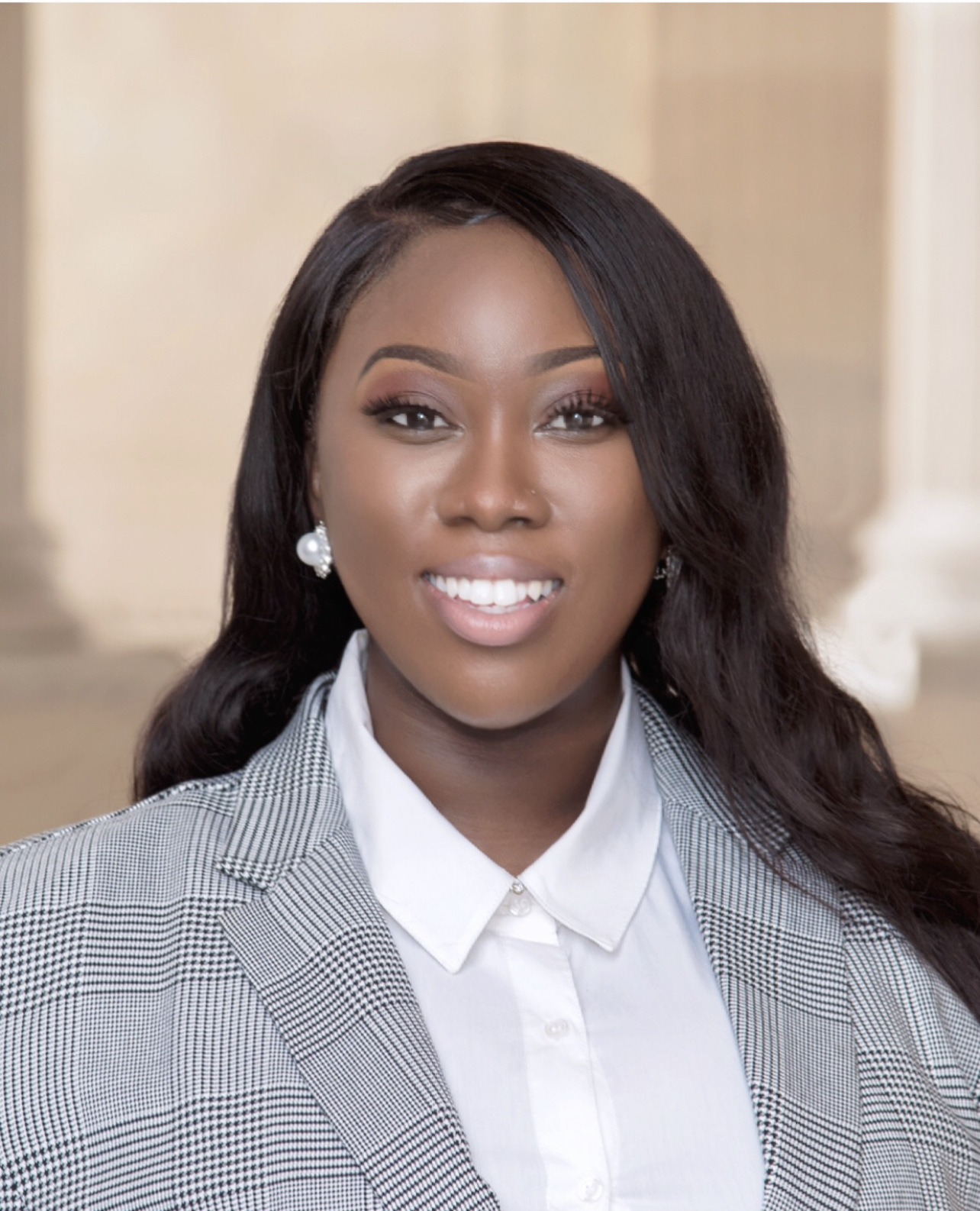The new target after Roe was overturned: anti-discrimination laws
Stay Vigilant
On March 15, 2023, two conservative Christian lawyers asked a federal judge in Amarillo, Texas, for a ruling that they privately considered an almost impossible long shot. They demanded a nationwide ban on mifepristone, a pill used in half the abortions in America. The drug had been approved by the Food and Drug Administration for more than twenty years, under both Republican and Democratic administrations. During the pandemic, the agency began allowing prescriptions to be filled by mail, to accommodate social distancing.
But the lawyers, from a group called Alliance Defending Freedom, were on a winning streak. Founded three decades ago as a legal-defense fund for conservative Christian causes, A.D.F. had become that movement’s most influential arm. In the past dozen years, its lawyers had won fourteen Supreme Court victories, including overturning Roe v. Wade; allowing employer-sponsored health insurance to exclude birth control; rolling back limits on government support for religious organizations; protecting the anonymity of donors to advocacy groups; blocking pandemic-related public-health rules; and establishing the right of a baker to refuse to make a cake for a same-sex wedding. Capitalizing on its success, A.D.F. had tripled its revenue over that period, to more than a hundred million dollars a year.
Read the rest on New Yorker
Trans kids will suffer the most
Speaking Of...

Kim Wehle is a professor at the University of Baltimore School of Law and author of How to Read the Constitution — and Why.
Once again, a pitched battle in America’s culture wars is making its steady way to the U.S. Supreme Court. In this round, the emerging question is whether public school children have a right to choose names and pronouns affirming their gender identity, or whether parents’ right to manage the upbringing of their children overrides it.
Three separate federal appeals courts have already confronted the issue, which has left school administrators across the country having to pick between the wishes and needs of students on one hand, and the demands of parents that they be alerted to their children’s gender and pronoun preferences at school on the other.
Read the rest on Politico
Perspective This next term, SCOTUS could make itself more powerful
Perspective

Aaron Tang is a law professor at the University of California, Davis, and the author of the book “Supreme Hubris: How Overconfidence Is Destroying the Court — and How We Can Fix It.”
The Supreme Court of the United States reconvened Monday after last year’s stretch of society-altering decisions on abortion, gun safety, LGBTQ rights and affirmative action. But anyone expecting a quiet term this year will be disappointed. That is because this year’s major cases revolve around a striking question: In our constitutional system, who is the ultimate ruler? Is it us, the American people, or them, nine unelected justices?
All of the court’s highest-profile cases involve debates over where the power to address pressing societal problems ought to be located in our constitutional order. The traditional answer — and indeed, the American ideal — has been to vest that power as close to the people as possible, in elected officials who are responsive to us for the simple reason that we can throw them out of office.
Read the rest on Politico
The inside story about how the conservative legal movement won the right to reject gay weddings
Less Of This

Before this summer’s landmark Supreme Court ruling that a Christian web designer in Colorado had the right to refuse to work on same-sex weddings, the legal advocacy group behind the case had spent nearly a decade laying the groundwork through similar lawsuits filed around the country.
Among the wedding vendors represented by the Christian nonprofit Alliance Defending Freedom were a photographer from Kentucky, videographers from Minnesota and a pair of Arizona artists who created stationery. Each challenged local laws barring businesses from discriminating based on sexuality, which the plaintiffs said violated their First Amendment rights.
Read the rest on Washington Post










